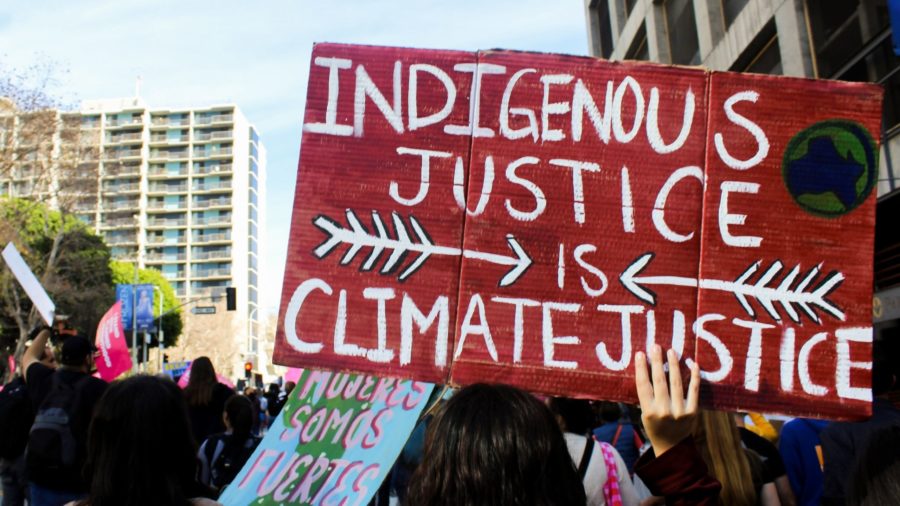Indigenous groups have been the stewards of the American terrain for generations. Yet, these communities are in a constant battle not only to protect their own sacred land from ecological harm but also to advocate for a stable climate.[1] The continued exploitation of indigenous land by large corporations and the U.S. government is a reminder that colonialism is still alive and well in today’s governance.[2] The loss of critical habitat for many species that indigenous people rely on leads to not only the loss of necessary resources for survival but also sacred cultural practices. [3] Treaties between the U.S. government and indigenous groups are intended to guarantee continued tribal access to species as their habitats continue to change, however, these treaties are often not honored by the U.S. government.[4]
Page 6 of 12
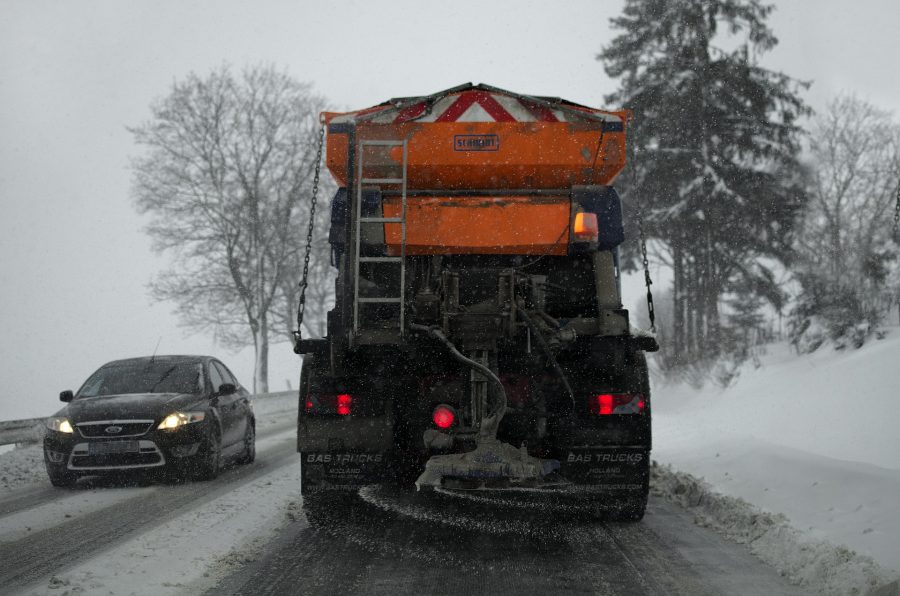
Road salt, seemingly innocuous, is a silent destroyer of aquatic ecosystems, wildlife, groundwater resources, and transportation infrastructure.[1] It takes just one teaspoon of road salt, which is made of sodium chloride, to pollute five gallons of water.[2]
Road salt is applied to roads, parking lots, and sidewalks to aid in dissolving snow and melting ice for transportation convenience and safety. When snow melts, road salt washes away with it—into storm drains, through stormwater collection system, and ultimately into our waterbodies.[3]
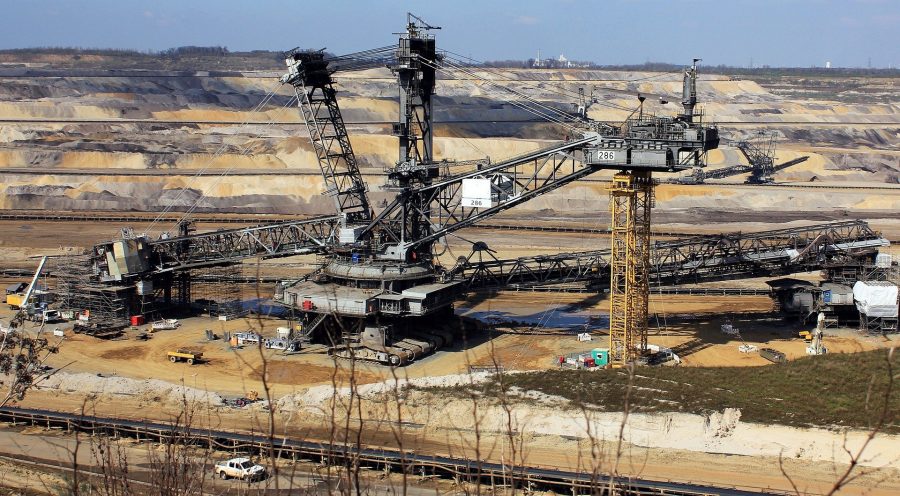
Confirming the fears of environmental groups, on March 19 U.S. Bankruptcy Judge Benjamin A. Kahn approved the abandonment of cleanup obligations in thirty-three Kentucky coal mines previously owned by coal company Blackjewel LLC.[1] Approximately 170 other Blackjewel facilities in Kentucky, Tennessee, West Virginia, and Virginia will fall into a legal gray area as the company attempts to sell the mines to other coal companies.[2] Cleanup obligations for any permits not sold or transferred within six months will be abandoned.[3]

A decades-long effort to reform the federal program that manages free-roaming wild horses and burros throughout the West faces a new challenge in a recent lawsuit filed by the American Wild Horse Campaign (“AWHC”).
The Wild-Free Roaming Horses and Burros Act (“Act”) vests the Bureau of Land Management (“BLM”) with the responsibility to manage and protect wild horses and burros across nearly 27 million acres of public land in the West.[i] According to recent surveys, 100,000 wild horses and burros live on these lands,[ii] yet the BLM estimates that the area can only sustain about 27,000.[iii]

The momentum for granting legal personhood to bodies of water is growing, as one water scholar and conservationist, Kelsey Leonard, recently noted.[1] Legal personhood grants bodies of water the same legal rights in a courtroom as a person.[2] Personhood is defined as “any subject matter other than a human being to which the law attributes personality.”[3]
Christopher D. Stone developed the concept of giving an environmental entity legal personhood.[4] Stone’s work was later recognized by Justice William Douglas in his dissent in the 1972 U.S. Supreme Court case of Sierra Club v. Morton.[5] Douglas argued for different environmental media to have a locus standi (e.g., the right to bring an action before the court of law) for their own protection and preservation.[6]
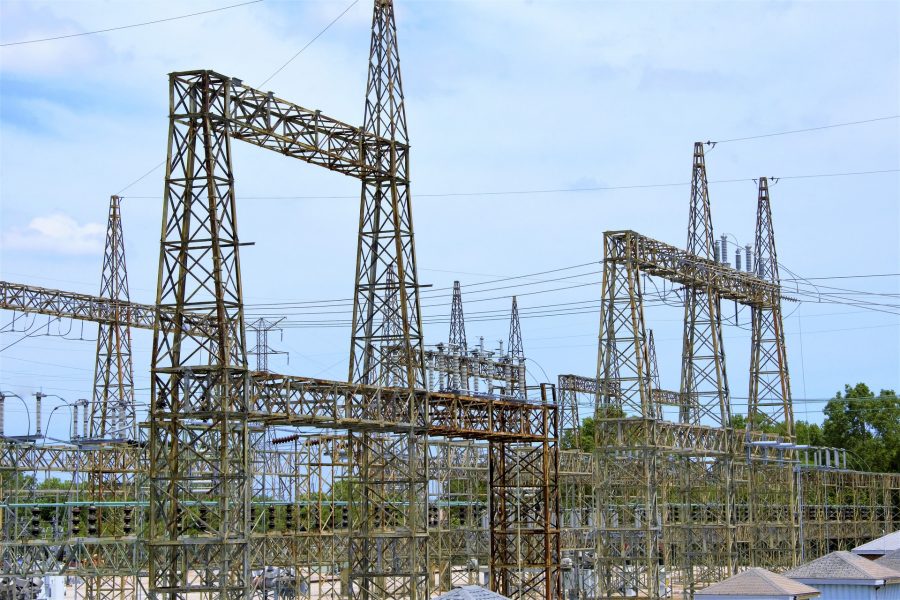
Americans are experiencing the impacts of climate change on an increasingly acute level every day. The February storms across the nation that resulted in rolling blackouts across Texas and several other nearby states underscored the crisis and raised questions about whether the American electricity grid can withstand the negative effects of climate change, such as extreme temperatures, more frequent and intense storms, floods, wildfires, droughts, and more.
Since 2011, the United States has sustained $135 billion in damages from extreme weather and climate disasters, with more than seventy extreme climate events affecting the Midwest.[i] One recent study showed that investor-owned utilities face a $500 billion resilience investment gap.[ii]
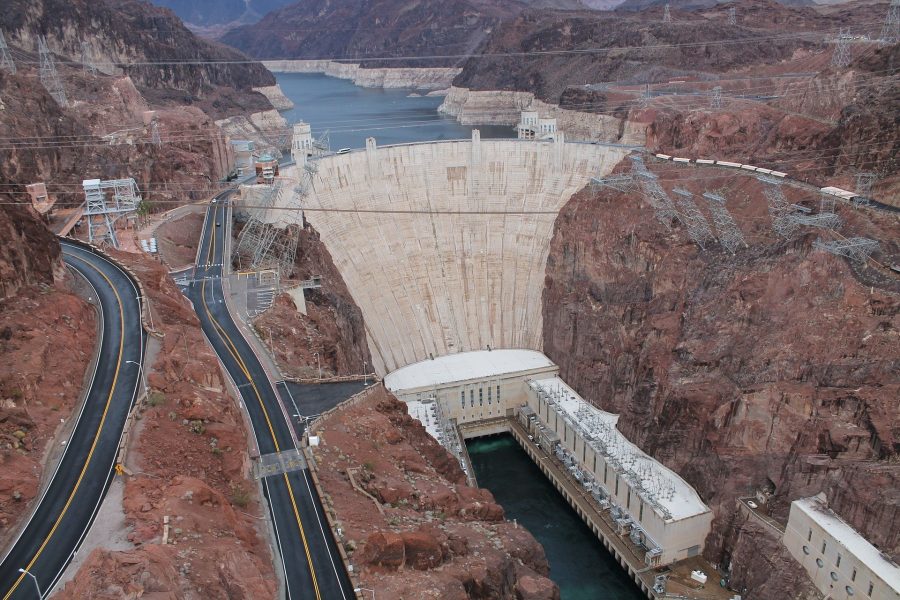
The United States’ continued build out of renewable energy, is giving rise to tensions between competing environmental interests.[1] One such conflict is between constructing more renewable energy infrastructure and the ecological damage that comes with it.[2]
Renewable energy is needed more now than ever as the U.S. continues to rely heavily on fossil fuels.[3] Most domestic greenhouse gas emissions are still caused by burning coal, natural gas, and hydrocarbons.[4] Despite a seven percent drop in global carbon dioxide emissions in 2020 due primarily to the COVID-19 pandemic limiting transportation emissions, these numbers figure to rise again as pandemic restrictions are lifted and travel resumes.[5] Switching from fossil fuels to renewable energy will mitigate water and air pollution, excessive water and land use, ecological loss, public health concerns, and climate change.[6]
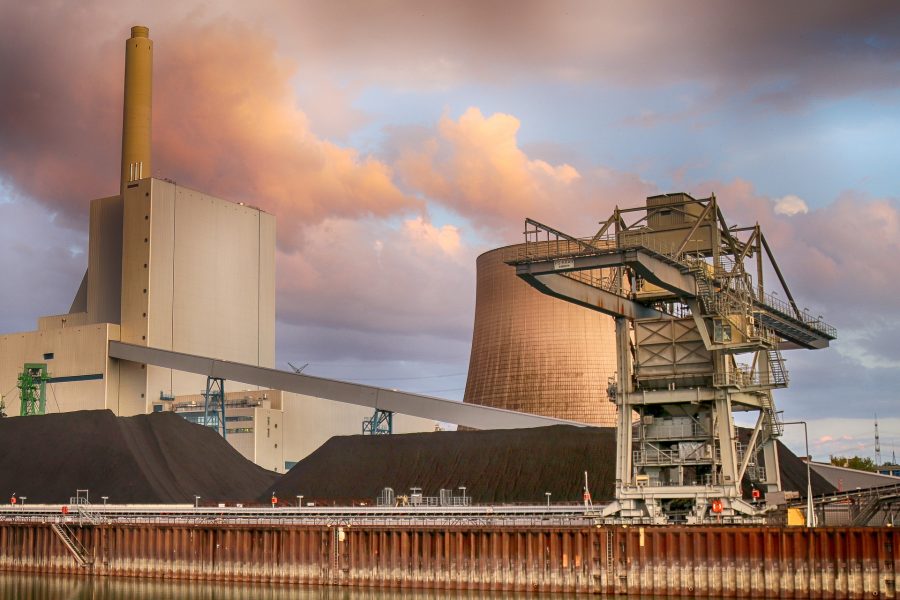
Seeking to clarify the incentives available to developers of projects that capture carbon emissions during emission, the U.S. Treasury Department and the Internal Revenue Service (IRS) released final regulations for Section 45Q of the Internal Revenue Code in early January.[1]
Section 45Q incentivizes tax equity investors to invest in carbon capture and sequestration (“CCS”) by making financing easier through liberalization of several concepts and provisions.[2] Notwithstanding Section 45Q, though, various costs, inconsistent public support, and transportation and storage challenges remain barriers to implementing CCS.[3]
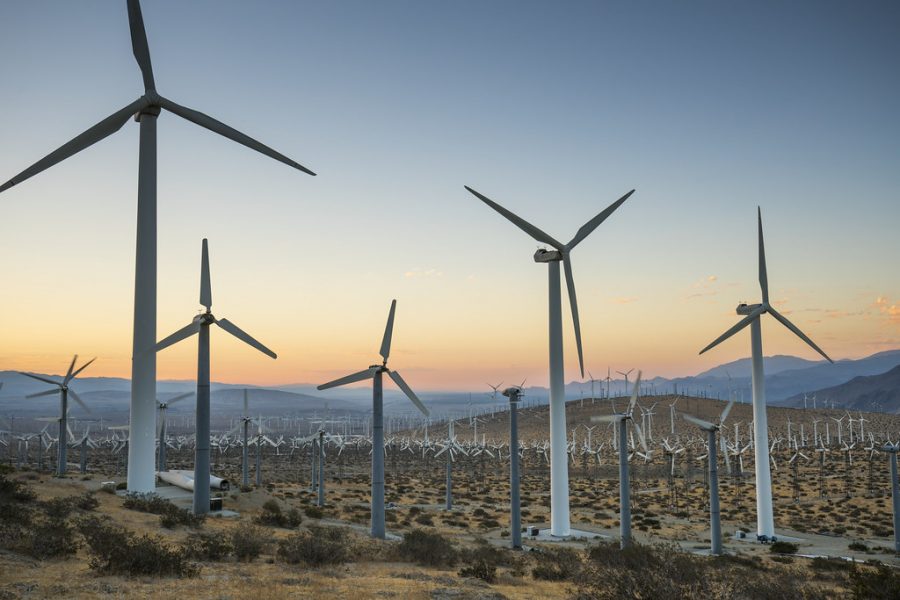
The Biden administration recently issued a decision walking back proposed amendments to the Bureau of Land Management’s (BLM) Desert Renewable Energy Conservation Plan (DRECP)[i] which, if adopted, would have opened 800,000 acres of land in the California desert for renewable energy development.[ii] Conservation advocates praised the decision while renewable energy developers lamented the loss of an opportunity to expand solar and wind generation in the region.[iii]
Developed during the Obama Administration, the DRECP sets aside nearly 11 million acres of public lands in the California desert for renewable energy development and conservation projects.[iv] Billed as a collaboration between federal and state partners including the California Energy Commission, California Department of Fish and Wildlife, BLM, and U.S. Fish and Wildlife Service, the DRECP seeks to capitalize on the region’s abundant sun, wind, and geothermal resources while also preserving the area’s ecological diversity.[v]
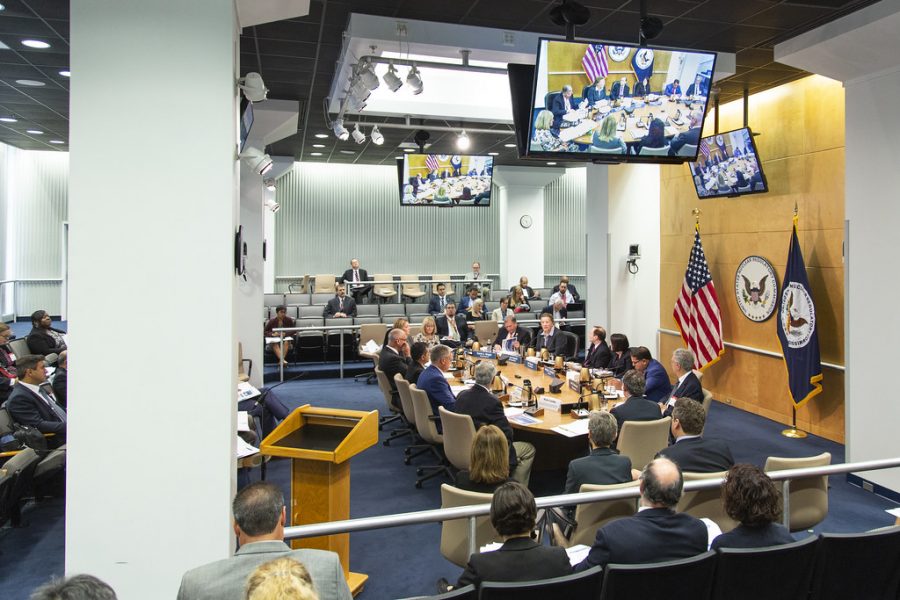
Soon after taking office, President Biden nominated Richard Glick, a Democratic commissioner on the Federal Energy Regulatory Commission (FERC), as the Commission’s new chair.[i] Though the Commission is expected to maintain a Republican majority until Commissioner Neil Chatterjee’s term ends June 30, Glick has begun shifting the priorities of FERC, which regulates the interstate transmission and sale of electricity, natural gas, and oil, to align with President Biden’s ambitious energy and environmental goals.[ii] The following examines Glick’s three main priorities under the new administration, each of which could substantially change the energy regulatory landscape.

